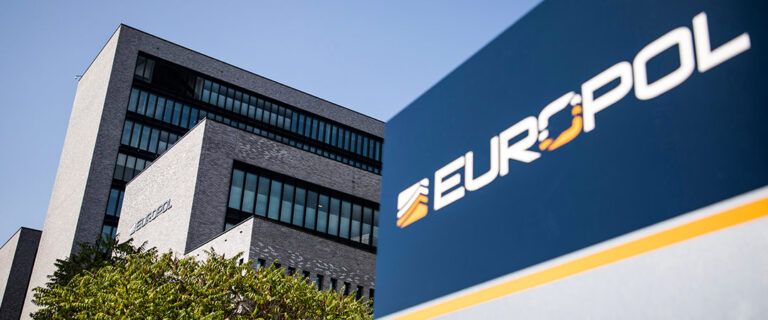On 24 May, the Council adopted a regulation amending the Europol Regulation. The text should be published in the Official Journal and enter into force before the end of June.
Europol is an EU agency that plays a crucial role in police cooperation. On the basis of the Commission proposal, the European Parliament and the Council have agreed to strengthen Europol’s capacity to better support member states in combating new threats and modi operandi.
The text introduces improvements in the following areas:
- Research and innovation: Europol will help member states use emerging technologies, explore new approaches and develop common technological solutions, including solutions based on artificial intelligence, which should always be subject to robust safeguards in terms of the protection of fundamental rights.
- Processing of large data sets: Europe will be able to process large and complex data sets to support member states in combating serious crime and terrorism, always with due respect for fundamental rights, including the right to privacy.
- Cooperation with private parties: private parties hold an increasing amount of personal data that may be relevant for criminal investigations. Europol will be able to receive data directly, to ensure a point of contact at EU level to lawfully share multi-jurisdictional data sets.

EU agrees to give Europol more powers and resources in its fight against crime |
- Cooperation with third countries: the scope for Europol to cooperate with third countries is extended to include the possibility of exchanging personal data with countries where appropriate safeguards exist.
- Cooperation with the European Public Prosecutor’s Office: Europol will have to cooperate closely with the European Public Prosecutor’s Office by supporting its investigations at the latter’s request and by notifying it immediately of any criminal conduct which falls within its remit.
- SIS alerts: Europol will support member states in the processing of data transmitted by third countries or international organisations and may propose that member states enter information alerts in the Schengen Information System (SIS).
- Own-initiative investigations: the Executive Director of Europol may propose opening a national investigation into non-cross-border crimes affecting a common interest covered by an EU policy. It will be up to the national authorities to decide whether or not to comply with this request.
Source: Press release – European Council






Leave a Reply